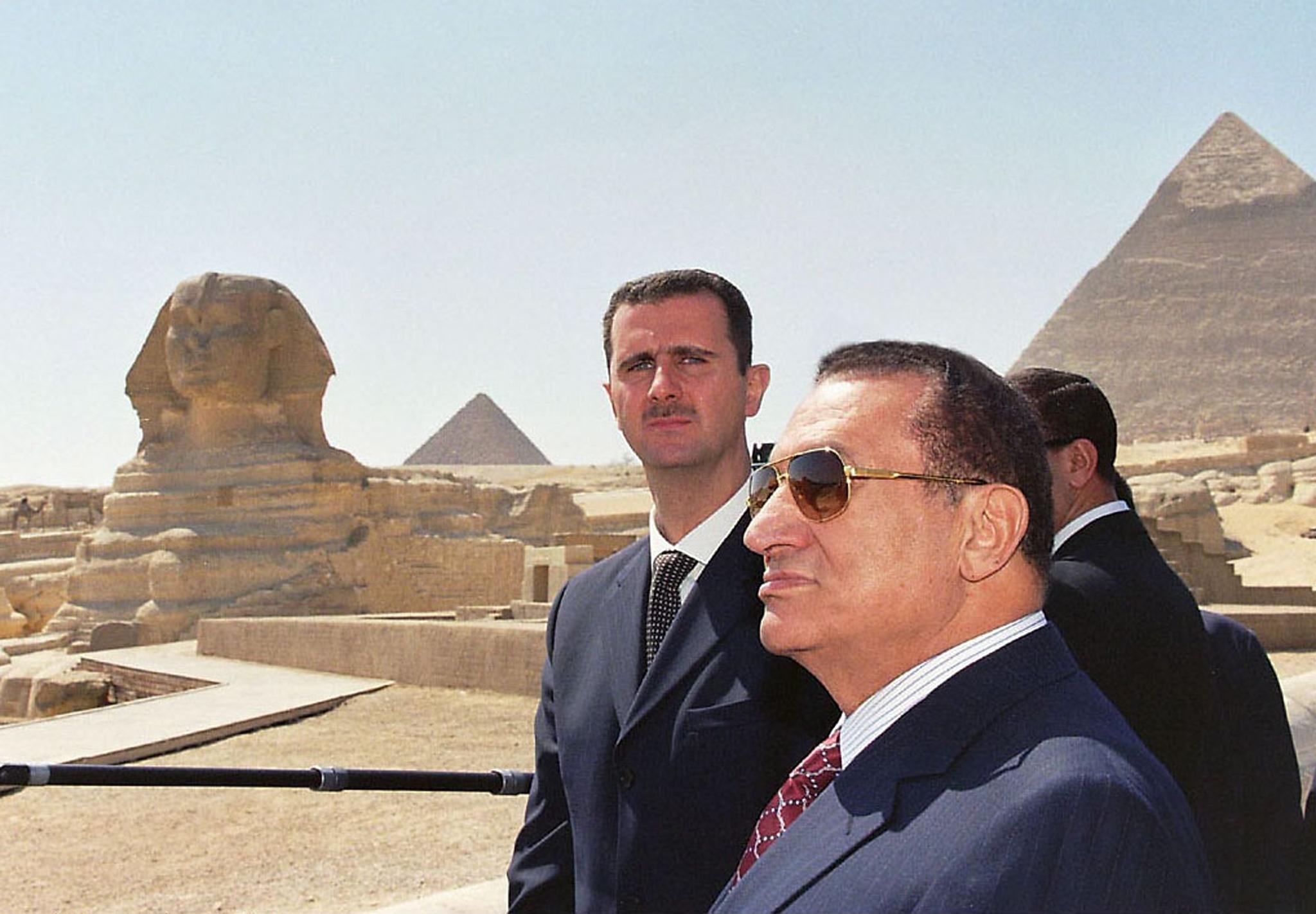Hosni Mubarak death: Former Egyptian president ousted in Arab Spring dies, aged 91
He ruled the country during an era of prosperity and corruption that lasted 30 years
Your support helps us to tell the story
From reproductive rights to climate change to Big Tech, The Independent is on the ground when the story is developing. Whether it's investigating the financials of Elon Musk's pro-Trump PAC or producing our latest documentary, 'The A Word', which shines a light on the American women fighting for reproductive rights, we know how important it is to parse out the facts from the messaging.
At such a critical moment in US history, we need reporters on the ground. Your donation allows us to keep sending journalists to speak to both sides of the story.
The Independent is trusted by Americans across the entire political spectrum. And unlike many other quality news outlets, we choose not to lock Americans out of our reporting and analysis with paywalls. We believe quality journalism should be available to everyone, paid for by those who can afford it.
Your support makes all the difference.Former Egyptian president Hosni Mubarak, who reigned over Egypt for 30 years before he was ousted in the Arab Spring uprisings, died on Tuesday, state television reported.
He had been taken to an intensive care unit the day before, according to reports, following complications from a previous surgery. He was 91.
Mubarak, who served as president from 1981 to 2011, played a major role in Egypt’s recent history, ushering in an era of relative prosperity and close political and military relations with the United States, but also a time of corruption and economic polarisation.
He took over following the assassination of Anwar Sadat at the hands of violent Islamist extremists, having previously commanded the air force during the October 1973 war with Israel. His efforts in this battle meant many Egyptians saw him as a heroic figure, particularly after a humiliating 1967 loss to Israel.
Last year, he spoke about the October War in a video interview that was his first in years.
“The first airstrike was launched in the first few minutes of the war and it hit the intended targets,” he said. “When the planes came back, I called the president in the main operations room to tell him the mission was a success and the losses were minimal.”
He entered politics as a leading member of Egypt’s dominant National Democratic Party, using his stature as a war hero to consolidate his rule over 30 years.
His reign became one characterised by uneven and even frenetic economic growth that enriched some, including his own family members, but kept millions of Egyptians mired in poverty. Educational and health infrastructure lagged while state enterprises were ignored in favour of the rising private sector.
Mubarak also became adept at using the secret police to hunt down and suppress dissidents, including Islamists and leftists. Elections were a sham, with police sometimes physically blocking voters in opposition districts from reaching the polls.
Despite the political repression under his rule, he was considered far more tolerant than Egypt’s current ruler, Abdel-Fattah al-Sisi, and allowed opposition political parties and news outlets.
Scattered protests against Mubarak gelled into a movement in 2005, fuelled by rising discontent among labour activists and civil society figures who declared “kafia”, or enough, which became a slogan of a reform movement.

He was toppled in a popular uprising during the 2011 wave of protests across the Middle East and North Africa.
Jailed on corruption and human rights charges, he was convicted but later acquitted.
Since his 2017 release from prison, he has led a fairly quiet life with his wife, Suzanne, and their two sons, Alaa and Gamal, who were both convicted on corruption charges but released after four years in prison.
Egyptian media reported that Mubarak would receive a full military funeral, a decision that could prove controversial among the millions who consider him a criminal.
“The presidency mourns with deep sorrow the death of former President Mohamed Hosni Mubarak,” the spokesperson for Mr Sisi wrote on Facebook. “The deceased was the commander of the Air Force during the October War, which restored the dignity of the Arab nation.”
Join our commenting forum
Join thought-provoking conversations, follow other Independent readers and see their replies
Comments